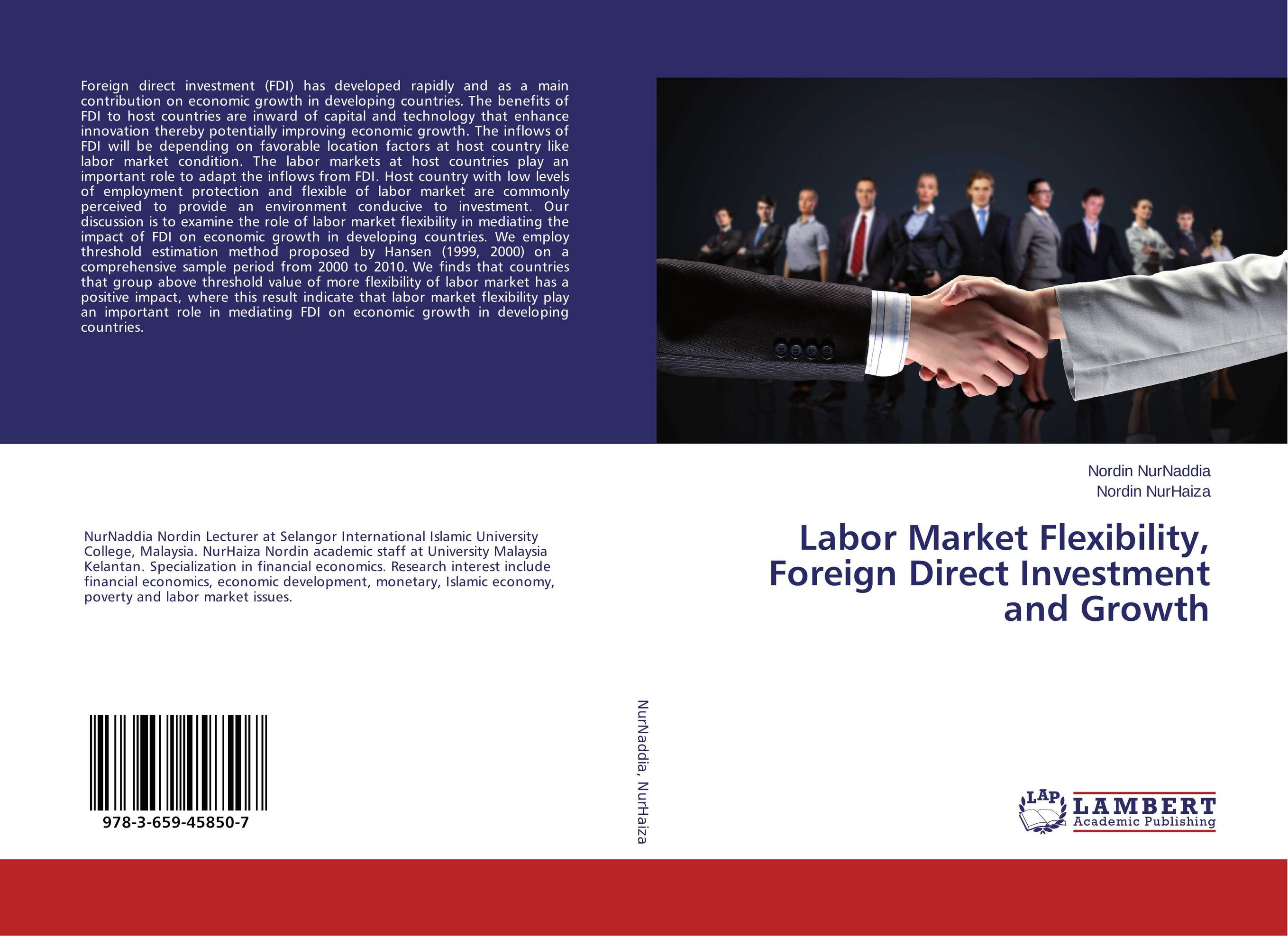| Поиск по каталогу |
|
(строгое соответствие)
|
- Профессиональная
- Научно-популярная
- Художественная
- Публицистика
- Детская
- Искусство
- Хобби, семья, дом
- Спорт
- Путеводители
- Блокноты, тетради, открытки
Labor Market Flexibility, Foreign Direct Investment and Growth.

В наличии
| Местонахождение: Алматы | Состояние экземпляра: новый |

Бумажная
версия
версия
Автор: Nordin NurNaddia and Nordin NurHaiza
ISBN: 9783659458507
Год издания: 2015
Формат книги: 60×90/16 (145×215 мм)
Количество страниц: 100
Издательство: LAP LAMBERT Academic Publishing
Цена: 31686 тг
Положить в корзину
| Способы доставки в город Алматы * комплектация (срок до отгрузки) не более 2 рабочих дней |
| Самовывоз из города Алматы (пункты самовывоза партнёра CDEK) |
| Курьерская доставка CDEK из города Москва |
| Доставка Почтой России из города Москва |
Аннотация: Foreign direct investment (FDI) has developed rapidly and as a main contribution on economic growth in developing countries. The benefits of FDI to host countries are inward of capital and technology that enhance innovation thereby potentially improving economic growth. The inflows of FDI will be depending on favorable location factors at host country like labor market condition. The labor markets at host countries play an important role to adapt the inflows from FDI. Host country with low levels of employment protection and flexible of labor market are commonly perceived to provide an environment conducive to investment. Our discussion is to examine the role of labor market flexibility in mediating the impact of FDI on economic growth in developing countries. We employ threshold estimation method proposed by Hansen (1999, 2000) on a comprehensive sample period from 2000 to 2010. We finds that countries that group above threshold value of more flexibility of labor market has a positive impact, where this result indicate that labor market flexibility play an important role in mediating FDI on economic growth in developing countries.
Ключевые слова: Foreign Direct Investment, labor market flexibility, threshold estimation, panel data and developing countries



